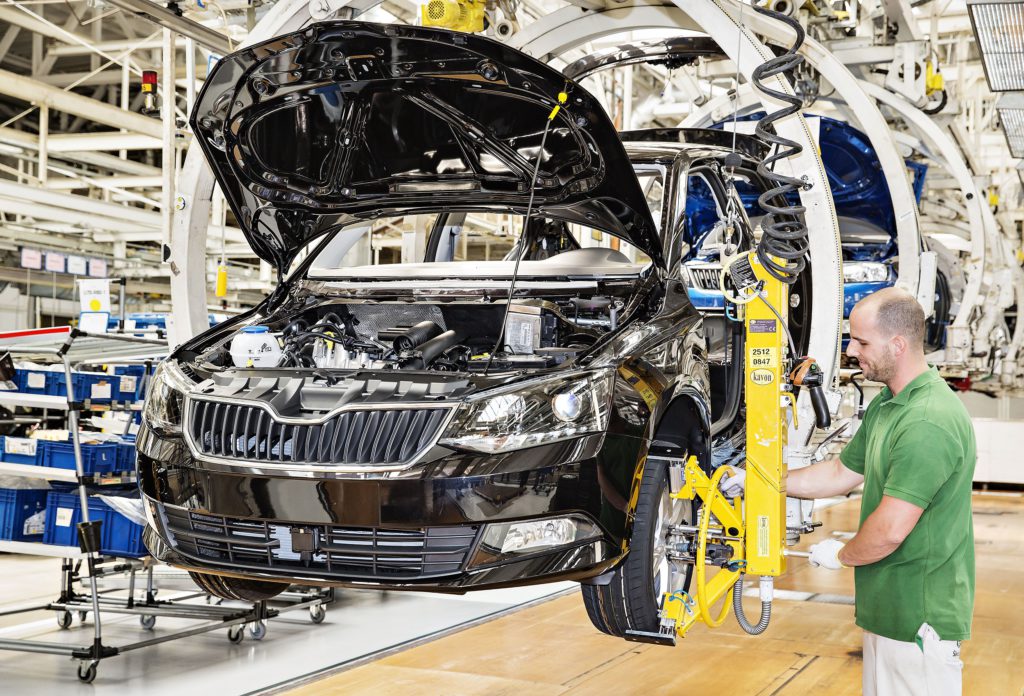Brexit uncertainty leads Skoda to type approve vehicles in Europe
22 March 2018

22 March 2018
With questions still surrounding legislation following the UK’s exit from the European Union, manufacturers are looking to future-proof their businesses.
With this in mind, Czech manufacturer, and member of the Volkswagen Group, Skoda has decided to stop using the UK’s Vehicle Certification Agency (VCA) for type approval. Currently, the VCA can sign-off models to be used across Europe. However, its powers following the Brexit transition period, which ends in December 2020, remain unclear.
These powers are likely to be discussed as part of a final agreement between British and European diplomats in the autumn. However, for manufacturers, this may be too late as they start to strategise for a future which may also include import and export tariffs on vehicles and parts.
Automakers can spend years on the approvals process at significant expense. Many like Skoda, which does not build in Britain, have picked the VCA in recent years due to its expertise. It has not been established that the body can continue to offer type approval for vehicles sold on the continent after the UK leaves the union in 2019.
′As long-term certainty is required for developing and manufacturing new models, as well as making ongoing changes and modifications to them, it has become necessary for Skoda to find a type approval authority who will have authority to function within the European Union,’ a spokesman said.
Skoda has used the VCA for all its recent models except the Karoq, Kodiaq and Citigo and will now use the Czech ministry of transport for all future vehicles, they added.
British brand Aston Martin has already started to look for a new type approval partner in Europe due to uncertainty surrounding the VCA. The manufacturer is due to begin production of its new Vantage model in April at its UK facility but will look to safeguard sales in Europe by having it tested on the continent.
′If it remains as it is and it’s not negotiated that the VCA can approve, then everybody that’s currently using the VCA has to get approval elsewhere, and we’ve already started doing that,’ Aston Martin Chief Executive Andy Palmer told Reuters. ′If it remains as it is and it’s not negotiated that the VCA can approve, then everybody that’s currently using the VCA has to get approval elsewhere, and we’ve already started doing that.’
The possibility of losing further manufacturers to European competition would be a blow to the VCA. However, one idea that may safeguard its future is to find a continental partner, a plan that may already be in place.
′We are in discussions with the VCA at the moment who are considering having a partnership with a European agency,’ Mike Flewitt, CEO of British-based McLaren told Reuters at the Geneva motor show. ′There may be a route there. I don’t want to walk away from the VCA if I can possibly help it,’ he added.
It can take up to 18 months to obtain a license and automakers often begin discussions with regulators three to ten years beforehand, according to Britain’s car industry body the Society of Motor Manufacturers and Traders (SMMT). The group said in October that due to concerns that licenses granted by the VCA may be deemed invalid in the future. Vehicle manufacturers have also warned that production may be halted should the VCA not be able to offer type approval for vehicles destined for export to Europe.